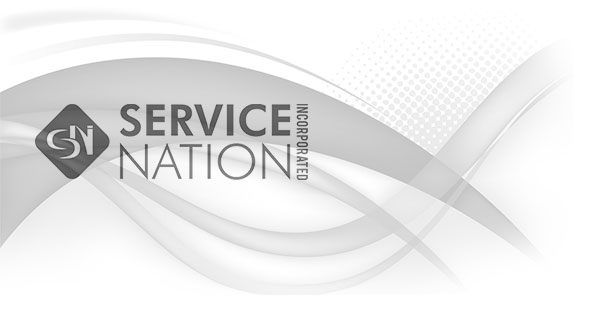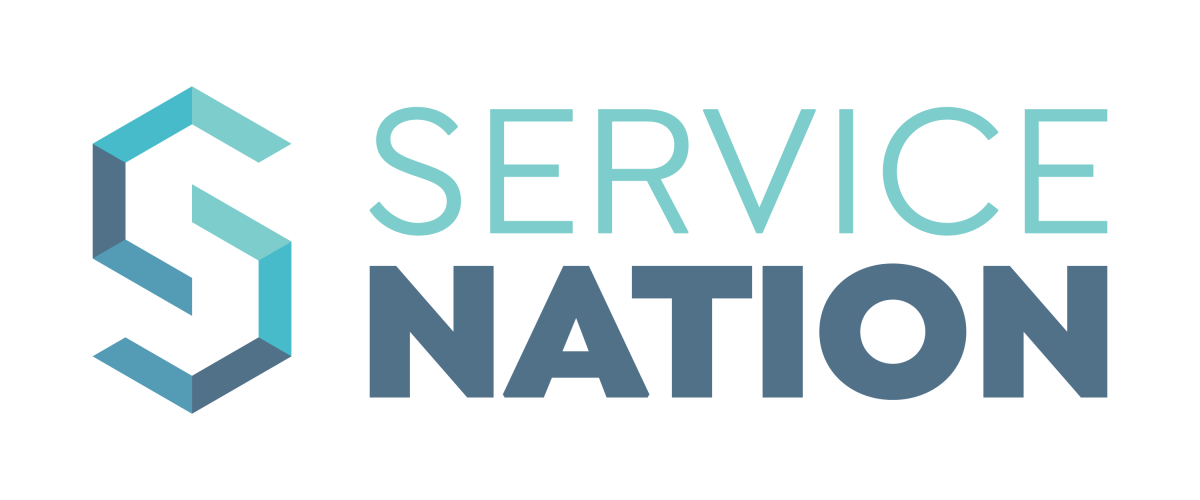David Heimer: Makes sense when you can help somebody with their plumbing at their house. You’ve made the world a better place and somebody much happier than they were before.
Dave Bailey: Yes. And it really is a good feeling when you go into somebody’s home and maybe it’s an older person, who’s lost the one person that has dealt with issues in the home. And they’re just convinced that nobody in the world can fix their problem and you go in and fix it. And the relief and the gratitude that you feel from that customer is just – it’s a good feeling to help them solve their problems.
David Heimer: At some point, then you were a service manager, right?
Dave Bailey: Yes. I was a field supervisor, both when I was in Portland and when I transferred down here to the Dallas area and I did that for a number of years. And eventually got to a point where I was ready to just branch out and do something a little bit different, learn more about the business side of things.
David Heimer: And that’s when you joined Service Nation?
Dave Bailey: Absolutely.
David Heimer: What was it that attracted you to Service Nation?
Dave Bailey: Well, let me tell you a little story. In Texas when you are a licensed plumber, you get a lot of correspondence from other companies. They’re looking for employees, there is a shortage in the industry and so companies use creative ways to get plumbers. And I had gotten a number of those types of letters, but I also got approached by somebody on LinkedIn and the person was representing Service Nation. And it was a different kind of experience, a different kind of questioning that I was getting from this recruiter. When I came to Service Nation I was skeptical. When you’ve received so many offers for so many different things in the plumbing industry. Everybody has a different story of why you should come to work for them. But when I walked into Service Nation, I was amazed at the quality of care that customers received. There were two things that made me hooked and one of them was the wall with all of the little cutouts of the van wraps. I just thought that was amazing.
And the second one was the mission statement. The mission statement was posted on the wall and it is the mission of Service Nation is, to help service contractors improve their business and financial performance leading to a profitable exit strategy. And there was a very specific reason why that particular mission statement affected me. As a plumber, in my part of the world every year, you have to do six hours of continuing education. And in those continuing education classes, you get pretty much anybody that holes a plumbing license. But the people that affected me the most were these older plumbers that were driving these really old trucks. And it seemed like they were running their business because they had to. And I say that because of the condition of their body.
They seemed so beat up and abused over the years. And yet here they were out working and it just seemed like people like that were going to work until they were unable to physically work anymore. And I felt bad for those people. And when I read that exit strategy that really affected me and I thought, what if I can come to work at a company that can help a few of those – I guess at that point, you would want to help the younger ones grow their business. And to not be that older plumber, that’s just broke down and showing up for continuing education because he has no other choice.
David Heimer: Make sense a lot of plumbers, and a lot of people in the trades just work as long as they can at the end of it, their bodies break down and they just can’t physically work anymore. Too many of them, don’t build a business, don’t have something that’s of value that they can sell at the end of their career that finances their retirement. But that’s why everybody should be running their business. I want to turn our attention to one other thing briefly. I saw a presentation that you did on the checklist and I thought it was really interesting. And I wanted to ask you why checklists are so powerful and a little bit of your perspective on checklists.
Dave Bailey: Sure. As you mentioned earlier, I’m a flight engineer in the Texas Air National Guard among all of the other duties that an engineer has. All the checklists that we run, are ran through the flight engineer. So from the moment we {inaudible 06:02} to the moment we stop at the end of a flight, I’m calling the checklist. And so what I came to understand was, first of all, we live and we abide by checklists and we’re in the air. They remind us to do the simplest things and they tell us how to deal with emergencies in the air.
So those checklists are written very specifically for a particular reason. And when I started at Service Nation and started to see the tools and things that we offer our members, we talked about processes and procedures in our boot camp. And we stress that to our members. And so I thought, some people, some companies do use checklists already, but some don’t. And I just wanted to teach them that checklists are important and they’re easy to create.
David Heimer: And so what is the power of a checklist? What does that do for a company?
Dave Bailey: Well, there’s a few ways to look at it if you’re used to running the business yourself. So if you make all the decisions, what happens when you’re gone? What happens if you are in an automobile accident or you have a health condition, or you’re called away for an unfortunate reason, who’s going to run the business while you’re gone? If you have checklists and procedures in place, the person that you have chosen to trust. If you have a manager or supervisor, if they have access to those checklists and procedures, they can just pick up and run things seamlessly while you’re gone, that’s one reason.
Another reason that checklists are important would be for the safety aspect. If you are doing something that’s dangerous. Some companies do excavation, some companies do confined space. Just like when you’re in the air, when we’re flying airplanes, if you miss a step, that can be very critical. If you are doing a confined space and you are doing everything from memory and you miss a step like you forget to turn on the gas monitor, or if you’re at an excavation, you don’t pump the {inaudible 07:49} up correctly you could be looking at a very serious situation. And if you had a simple checklist that you followed, it would keep you from making those mistakes.
David Heimer: So consistency and safety are two good reasons to make sure you follow the checklist?
Dave Bailey: Yes. And another reason would be even if you are running your business. If things are just running along smoothly and you are in the office and you’re doing things like normal. If something happens in your business. If you have an employee that’s injured or you have a property damage claim or something and as a business owner, you’re making all these decisions. If you’re distracted, you don’t have to remember to do certain things because you have a checklist that’s telling you when it’s time to do payroll or when it’s time to do the taxes or all of the little things that you do day to day, that if you’re distracted, you’ll forget to do or you’ll do it improperly.
David Heimer: Good stuff. So, Dave, if somebody wants to reach you, what’s the good way for them to get in contact with you.
Dave Bailey: They can reach me by email. My email address is dave.bailey@serviceroundtable.com.
David Heimer: Well, Dave, thank you so much for doing this with us. I really appreciate it.
Dave Bailey: My pleasure, David.
Outro: We’re always looking for good ideas and interviews for our podcast. If you have an idea or maybe you think you should be interviewed, just shoot an email to profilesinprosperity@serviceroundtable.com. That’s profilesinprosperity@serviceroundtable.com. If you think what we’re doing has any value, it would be very helpful if you would give us a great rating on iTunes. Thanks for your support. I hope to see you again soon. Bye.





 (877) 807-0869
(877) 807-0869 Member Login
Member Login

